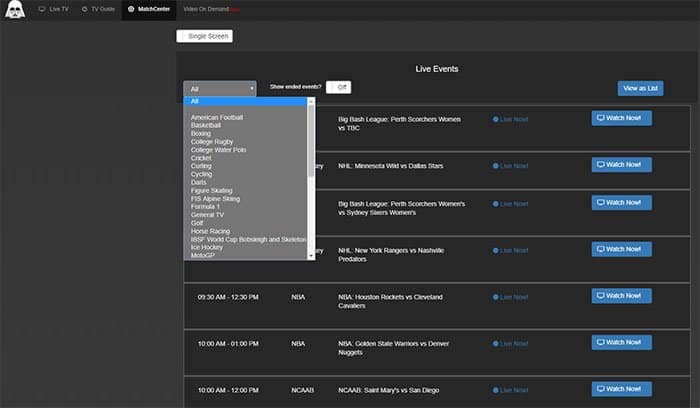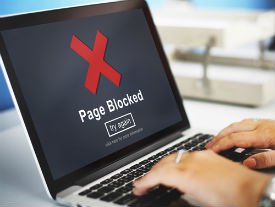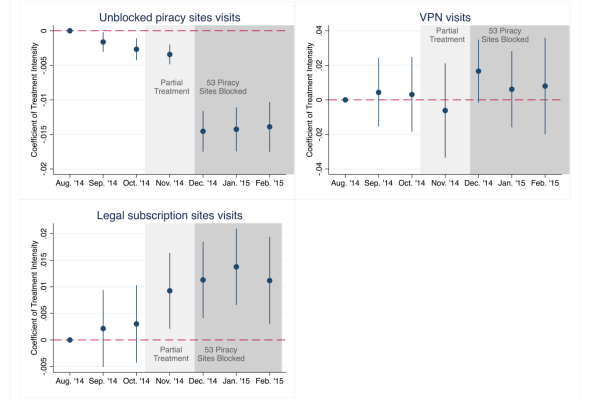Alliance For Creativity Now Effectively Controls Vader’s IPTV Domains
lundi 26 août 2019 à 10:59
This May, the popular Vader Streams ‘pirate’ IPTV service was suddenly shut down.
From the very beginning of the disruption, it was fairly clear that the service was in special difficulties, probably related to legal action.
For months there has been speculation but last week it was finally confirmed that the global anti-piracy coalition Alliance for Creativity and Entertainment was behind the shutdown. According to the MPAA, a leading force in the group, Vader Streams is now liable to pay $10 million in damages.
According to ACE, as part of the surrender package, Vader must also “cede administrative control” over its entire “piracy infrastructure”. The full list of assets that Vader can hand over to ACE members isn’t clear but for months now TF has been monitoring two domains that we know were directly connected to Vader.
At the time of the shutdown, Minihosts.org – a site where users could directly signup to the Vader service – was pointing to a server in the Netherlands. It has been stubbornly pointing to the same Netherlands-based IP address ever since. The same can also be said about the more obviously-named Vaders.tv, pictured below.

In advance to the announcement last week, any changes to these domains could’ve given an early indication of confirmed legal action, including who was behind it. This time around, however, the Alliance for Creativity waited for their official announcement before making any changes.
Now, however, both domains are now displaying the familiar ACE anti-piracy message shown below, before diverting to the Alliance’s official web portal, which details some, but not all, of its actions against other ‘pirate’ video services.

When compared to previous domain ‘seizures’, however, this one looks slightly different. In other cases, several of which we’ve detailed before, the MPAA itself has taken over the domains, a fact that has been made clear via WHOIS lookups that show that the Hollywood group is the new owner.
This time, however, both domains currently have their ownership details hidden by privacy-protection service Privacy Protect LLC. The reason for this is currently unclear but given that domains now redirect to ACE and are also using the MPAA’s nameservers, it seems fairly obvious the handover of former Vader assets is well underway.
The service previously promised that it would protect user data with the statement, “We’re going to make sure, no Email, IP, account + reseller name goes to the wrong hands. Everything will be wiped clean and that’s all.”
While that may very well have happened as promised, we also know that ACE used a secret court process and effectively ambushed one or more Vader operators/staff armed with an Anton Piller order, a civil search warrant that granted them no-notice permission to enter premises to secure and copy evidence before it could be destroyed or tampered with.
Source: TF, for the latest info on copyright, file-sharing, torrent sites and more. We also have VPN reviews, discounts, offers and coupons.




